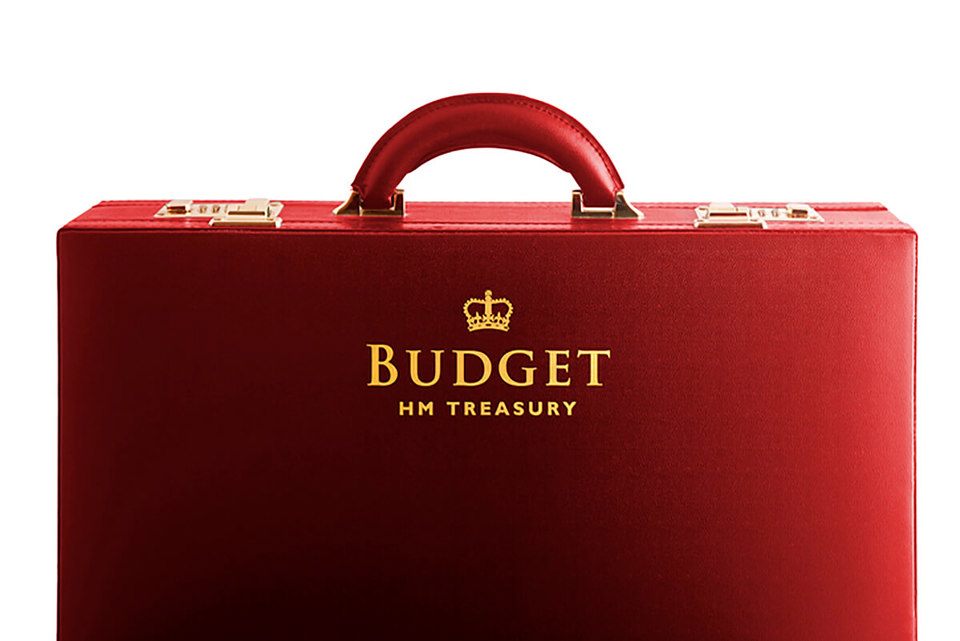A deepening Government blackhole is potentially putting fleets in the firing line, with tax rises predicted in the Budget.
The latest Budget speculation suggests that the Chancellor, Rachel Reeves may hike employer national insurance contributions (NICs).
Labour’s election manifesto suggested it would not increase national insurance if elected, but when asked about a possible rise, the Prime Minister refused to rule it out, instead saying it had pledged not to raise taxes on working people.
Employers currently pay national insurance of 13.8% on all earnings above £175 per week. They do not pay NI on pension contributions, but there are concerns that this could change and the impact this could have on wider salary sacrifice arrangements, such as cars.
If Government opted to impose a contribution of 2%, for example, it could add thousands of pounds to employer costs.
Raj Mody, partner and pensions specialist at PwC, warned there could be implications for employee salary sacrifice schemes. “If the NI regime was changed, employers may well want to reconsider whether these arrangements are still sensible,” he told the Financial Times.
Helen Morrissey, head of retirement analysis at Hargreaves Lansdown, said: “In the Labour party manifesto, it stated it would not raise national insurance for working people.
A deepening Government blackhole is potentially putting fleets in the firing line, with tax rises predicted in the Budget.
The latest Budget speculation suggests that the Chancellor, Rachel Reeves may hike employer national insurance contributions (NICs).
Labour’s election manifesto suggested it would not increase national insurance if elected, but when asked about a possible rise, the Prime Minister refused to rule it out, instead saying it had pledged not to raise taxes on working people.
Employers currently pay national insurance of 13.8% on all earnings above £175 per week. They do not pay NI on pension contributions, but there are concerns that this could change and the impact this could have on wider salary sacrifice arrangements, such as cars.
If Government opted to impose a contribution of 2%, for example, it could add thousands of pounds to employer costs.
Raj Mody, partner and pensions specialist at PwC, warned there could be implications for employee salary sacrifice schemes. “If the NI regime was changed, employers may well want to reconsider whether these arrangements are still sensible,” he told the Financial Times.
Helen Morrissey, head of retirement analysis at Hargreaves Lansdown, said: “In the Labour party manifesto, it stated it would not raise national insurance for working people.
“Looking to hike them for employers rather than employees may look like it’s hitting this brief, but it’s a move that will impact businesses and their workers alike.”
The British Vehicle Rental and Leasing Association (BVRLA) warned the Government against any measures which might impact the popularity of employers offering electric vehicle (EV) salary sacrifice schemes.
“Any measures that impact the appeal of salary sacrifice would be ill-timed and counterproductive,” said Thomas McLennan, BVRLA director of policy and public affairs.
“The action we need to see in this space at the Autumn Budget is greater foresight of future benefit-in-kind (BiK) tax rates and the introduction of a 0% (BIK) rate for used EVs.
“Together, those measures will crystallise confidence and expand equitable access.”
McLennan explained that, with the transition to zero-emission vehicles under more pressure than ever, the salary sacrifice market is a “bright spot of success”.
“Salary sacrifice schemes are enabling average Britons to afford electric vehicles and giving them the confidence to make the switch,” he said. “These schemes democratise access to EVs and are a vital contributor to accelerating uptake.”
He added: “The Government has indicated it wants to bring forward phase-out dates of ICE vehicle. Those timings present a major risk without further support and salary sacrifice is central to making the transition succeed.”
Businesses braced for major changes
The Chancellor will deliver Labour’s first Budget since it won power in July, with the Prime Minister warning it is going to be “painful” with people having to accept “short-term pain for long-term good”.
Ashley Tate, managing director of Allstar Chargepass UK, says that the UK’s businesses are bracing for major changes – many of them unwanted.
“For the UK’s fleets and fleet operators, it is yet another period of deep uncertainty, during a critical period of change and transition,” he said.
The previous Chancellor, Jeremy Hunt, announced a 12-month extension to the temporary 5p fuel duty cut for petrol and diesel as part of the Spring Budget in March. This was in addition to cancelling the planned inflation increase for 2024/25.
The temporary cut was first introduced in March 2022 to combat high fuel prices after global supply chain issues following the pandemic, as well as Russia’s invasion of Ukraine.
As things stand, petrol and diesel duty rates are set to rise by 5p in March 2025 plus retail price index (RPI) inflation (in April 2025) and by RPI inflation every year thereafter.
Tate continued: “There seems to be general consensus that the freeze on fuel duty that began in 2011 and the extension of the temporary fuel duty cut from 2022 will come to an end, putting £2 billion back in the Budget at the expense of both poorer drivers and larger fleets.
“The extra 5p charge on every litre of petrol will quickly add up to thousands of pounds when they are refuelling large vehicles that are constantly on the move, such as delivery vans. Put simply, we need stability, and we need certainty.”
Paul Holland, managing director for UK/ANZ Fleet at Corpay, including UK brand, Allstar, says that ending relief on fuel duty at this time, when fuel prices are settling down after years of volatility, would harm both individual motorists and those businesses that keep the nation moving.
“The impact that the years since COVID and the invasion of Ukraine had was immense, and the 5p cut was a small, often insufficient but still welcome relief to all that take to the UK’s roads,” he said.
“Cutting it now will stop fleets from being able to rebuild after several difficult years, and we urge the government to rethink this reported move.”
By providing a long-term strategy for electric vehicles, fuelled with incentives, Tate says that change happens. “Short term plans and policies – or reversing of these – results in stunted momentum, and this cannot be allowed to happen,” he added.
“The UK Government must acknowledge that drivers have been through a difficult few years and make serious and long-term commitments for at least five years.
“That would give everyone time to plan, to adapt to new conditions and would give the UK’s drivers a much-needed break from uncertainty.”
Amanda Webb, interim CEO at car maintenance marketplace FixMyCar, believes that changes to fuel duty in the forthcoming Budget could mark the start of a Government campaign to encourage more EV adoption.
“There is still a huge investment needed to raise the confidence of car owners, as well as garages and mechanics,” she said.
“More funding is needed to improve nationwide charging for drivers, but there is also a significant gap in the aftermarket for EV repair skills.
“Our data predicts a minimum increase of 280% in EV repairs and maintenance work by 2030, highlighting a significant challenge for mechanics in the next five years where less than a quarter (24%) currently offer EV repairs.
“Therefore, the Government needs to consider the fundamental infrastructure, running cost, and after-sales support for any acceleration of EV ownership in the short term. Drivers need to prepare for changes in the cost of car ownership of petrol and diesel vehicles.”
Login to continue reading.
This article is premium content. To view, please register for free or sign in to read it.





















Login to comment
Comments
No comments have been made yet.